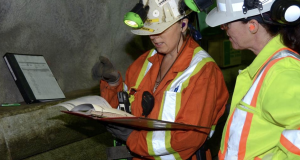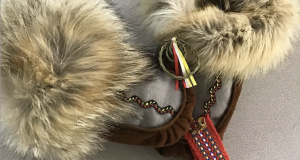A person’s name is fundamental to who they are. Indigenous names are endowed with deep cultural meaning, and speak to Indigenous peoples’ presence on this land since time immemorial. Yet the impact of colonialism means that many Indigenous people’s names have not been recognized.
Indigenous peoples have long fought to reclaim their Indigenous names and all that they signify. In 2015, the Truth and Reconciliation Commission’s Call to Action 17 directed all levels of government to enable residential school survivors and their families to reclaim and use their Indigenous names on all government documents.
In response to Call to Action 17, the Honourable Marco E. L. Mendicino, Minister of Immigration, Refugees and Citizenship, the Honourable Carolyn Bennett, Minister of Crown-Indigenous Relations, and the Honourable Marc Miller, Minister of Indigenous Services, announced today that Indigenous peoples can now reclaim their Indigenous names, as written, on passports and other immigration documents.
While Call to Action 17 specifically referenced passports, Immigration, Refugees and Citizenship Canada (IRCC) has chosen to go further and include travel documents, citizenship certificates and permanent resident cards, not only for residential school survivors and their families, but for all Indigenous peoples.
IRCC has streamlined the process of reclamation of an Indigenous name to be faster and more efficient for applicants. This service will be provided free of charge for 5 years.
In 2015, the Prime Minister made a commitment to implement all of the Truth and Reconciliation Commission’s recommendations involving the Government of Canada—and over the past few years, IRCC has been hard at work to make that happen.
- Accelerated Mining Supervisor Common Core launches this spring - February 6, 2026
- Les élèves de l’école secondaire Saint‑Joseph fabriquent leurs propres mocassins - February 6, 2026
- Students at École secondaire Saint‑Joseph create their own moccasins - February 6, 2026
 Wawa-news.com Local and Regional News
Wawa-news.com Local and Regional News


